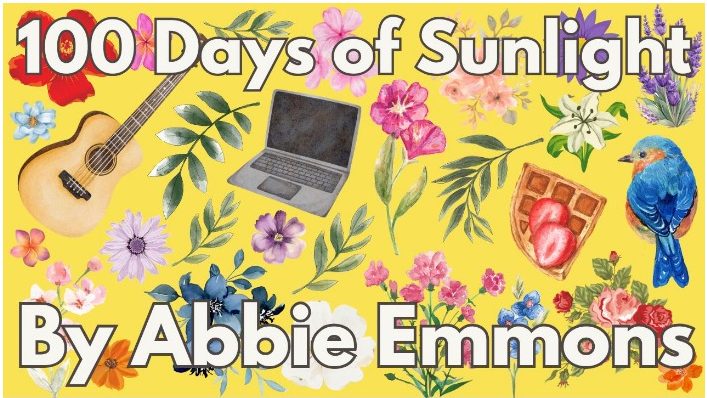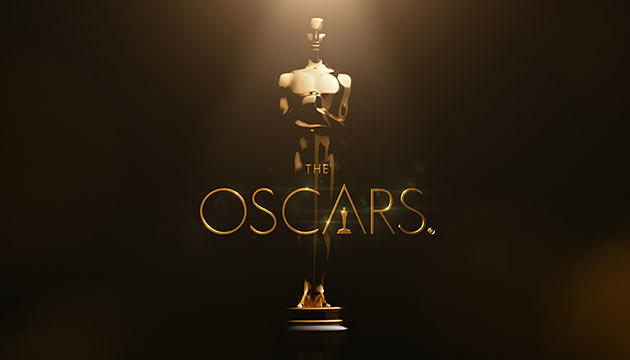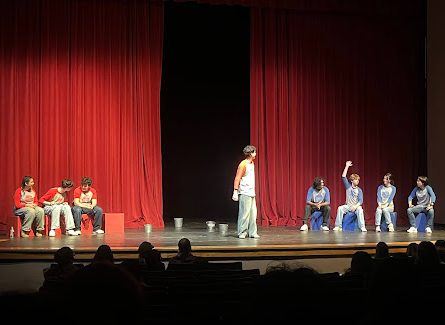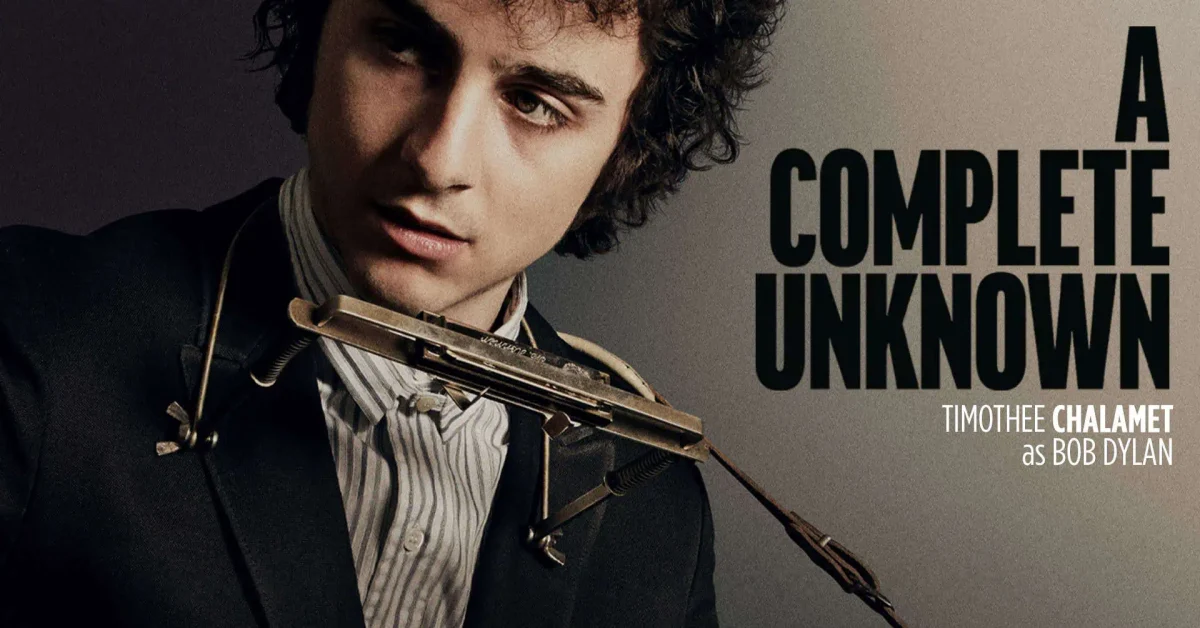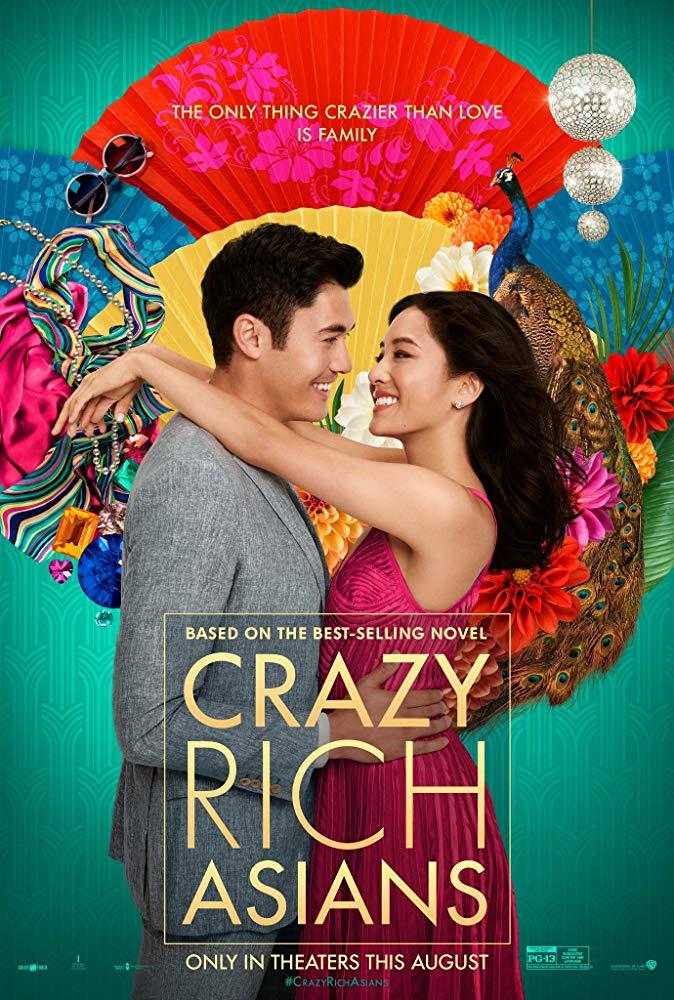
By GRACE LIU
Staff Writer
Since its release on August 15, Crazy Rich Asians has become the most successful studio romantic in 9 years, with a total of $111 million in North American theaters as of Labor Day weekend. Directed by Jon M. Chu and starring Constance Wu as Rachel Chu and Henry Golding as Nick Young, Crazy Rich Asians has also been widely praised for being the first Hollywood movie since The Joy Luck Club in 1993 to feature an all-Asian cast. Its success, however, can not only be attributed to its Asian representation, but also its portrayal of Chinese American cultural struggles in a way that resonates deeply with many Chinese American audiences.
Featuring a Singaporean Chinese family, Crazy Rich Asians highlights the stark contrasts between Chinese and American cultures. Rachel, an economics professor at NYU raised in America, faces the disapproval of her boyfriend Nick Young’s traditional Chinese family. In one of the harder-hitting moments of the film, Rachel’s own mother tells her that she may speak Chinese and appear Chinese, but in her head and heart, she is different because of her American upbringing. This is brutally evident by the way that the Young family, especially Nick’s mother Eleanor, treats her like a foreigner. Rachel’s experience of cultural displacement in a place that seems to be familiar but is so different resonates with Chinese American audiences, because we often feel the same way when revisiting our heritages and the countries where our families have come from.
One prominent aspect of Chinese American cultural conflicts highlighted in the movie is family values versus personal happiness. Eleanor’s mother continuously emphasizes how American culture places personal happiness and ambition before the happiness of the family unit, contrary to values taught in Chinese culture that prize family image over personal satisfaction. Additionally, Eleanor’s behavior towards her mother in law also demonstrates the Confucian idea of filial piety, or respect for one’s parents, elders, and ancestors. This clashes with Rachel’s upbringing, a conflict that profoundly resonates with many Chinese American audiences too.
Another aspect of Chinese American culture is the struggle between a wife and her mother in law. In this film, this struggle can be seen in two generations: between Eleanor and Nick’s grandmother, as well as Rachel and Eleanor. Eleanor, after all, was not her mother-in-law’s favorite choice, since she did not have the money or the connections to be deemed acceptable by her standards. She explains this to Rachel, and further tells her that she will learn that she will never be enough. This is also shown when Eleanor confronts Rachel about her mother’s past and her biological father, intervening in Rachel and Nick’s relationship by stating that she cannot allow Rachel to ruin their family image. When Nick takes Rachel’s side, his grandmother blames Eleanor, saying that it is all her fault for letting Nick leave and stay in America for so long, thus effectively hammering in the Chinese American identity struggle, in which both of the cultures they are tied to are in perpetual conflict with each other.
The intertwining of cultures presented in Crazy Rich Asians brings about a sense of representation that is not often present in Hollywood. It brings about a certain feeling of pride, to be able to identify with characters and the problems presented on screen. Arguably even more important than the Asian representation of the cast, Crazy Rich Asians’ representation of Chinese culture and how it clashes with American culture allows Chinese Americans to understand themselves and the problems they can now identify with.
Out of the many symbolic scenes in this film, one that exemplifies this intimacy of the movie is the scene after Rachel rejects Nick and meets Eleanor in a mahjong house. Rachel giving Eleanor the piece that she needs to win symbolizes how her rejection of Nick is her letting Eleanor win. It is also the moment where Rachel truly understands and accepts the division between Chinese and American cultures, especially when regarding values like family and personal happiness. She accepts that Eleanor and Nick’s values are long held, and that prioritizing the togetherness and image of the family is all the know about what happiness is supposed to be. The later scene where Nick proposes to Rachel with his mother’s ring represents the exchange of ideas, in which Eleanor accepts that family image is not necessarily above personal happiness.
These cultural portrayals in this movie are not merely an insight into Chinese culture. To a Chinese American, they represent the clear divisions between Chinese and American cultures and ideals. Crazy Rich Asians represents a feeling of profound isolation, of not belonging fully to either culture, or not being enough to be fully accepted by either culture. As a Chinese American, this movie not only allows for Asian representation, but allows for us to understand that we aren’t alone, for our position between two worlds is a shared experience.



